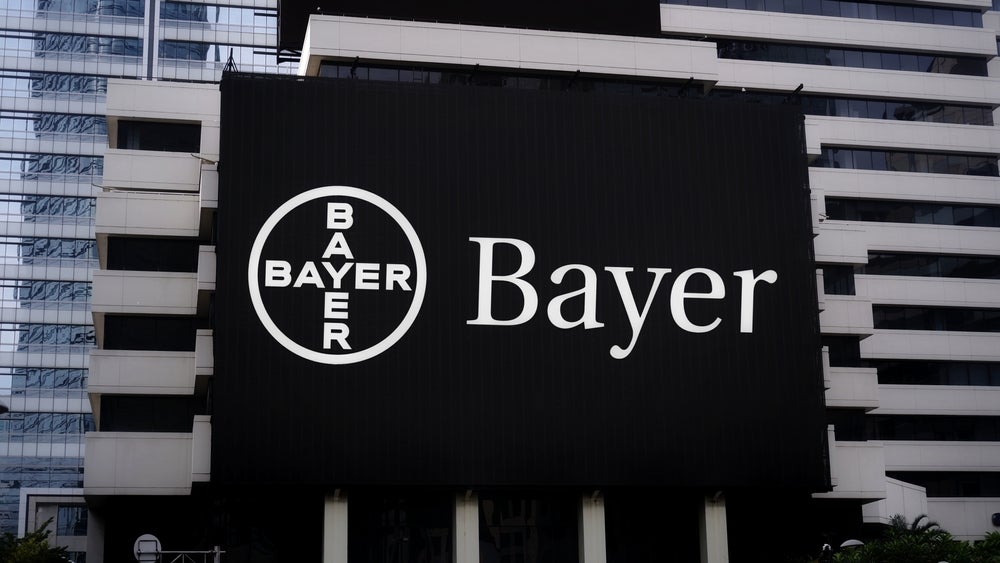
AstraZeneca has announced positive interim results from the Phase III ECHO clinical trial, which evaluated Bruton’s tyrosine kinase (BTK) inhibitor Calquence (acalabrutinib) in combination with standard chemoimmunotherapy for treating mantle cell lymphoma (MCL).
The double-blind, randomised, placebo-controlled, multicentre trial involved adult patients aged 65 years and above with priorly untreated MCL.
It is designed to assess the safety and efficacy of Calquence plus standard-of-care chemoimmunotherapy comprising bendamustine and rituximab, compared to standard of care chemoimmunotherapy alone.
Progression-free survival (PFS) is the trial’s primary endpoint with key secondary endpoints, including overall survival (OS), overall response rate (ORR), duration of response (DoR), and time to response (TTR).
The trial is being carried out in 27 countries across North and South America, Europe, Asia, and Oceania.
According to the findings, a statistically significant and clinically meaningful improvement in PFS was observed in patients treated with the Calquence regimen compared to the standard of care alone.
How well do you really know your competitors?
Access the most comprehensive Company Profiles on the market, powered by GlobalData. Save hours of research. Gain competitive edge.

Thank you!
Your download email will arrive shortly
Not ready to buy yet? Download a free sample
We are confident about the unique quality of our Company Profiles. However, we want you to make the most beneficial decision for your business, so we offer a free sample that you can download by submitting the below form
By GlobalDataA trend towards improved OS was also noted with the Calquence plus chemoimmunotherapy regimen.
Calquence’s safety and tolerability profile was found to be in line with priorly reported data without any new safety concerns identified.
AstraZeneca is assessing the BTK inhibitor as part of a broader clinical development programme, which aims to explore its potential as monotherapy and in combination therapies for multiple B-cell blood cancers.
Calquence has already received approval for the treatment of chronic lymphocytic leukaemia (CLL) and small lymphocytic lymphoma (SLL) in the US, CLL in the European Union and many other countries globally, and for relapsed or refractory CLL and SLL in Japan and China.
Additionally, it is approved in the US, China, and several other countries for adult patients with MCL who have received at least one prior therapy.
AstraZeneca Oncology R&D executive vice-president Susan Galbraith said: “These impactful results in mantle cell lymphoma show that bringing Calquence to the first-line setting significantly delays disease progression and, for the first time, shows potential to extend survival.
“The improvement in progression-free survival together with the differentiated safety profile of Calquence are both important as we strive to transform outcomes earlier in the course of disease treatment.”
Last month, the company announced updated exploratory results from the TOPAZ-1 Phase III trial indicating that Imfinzi (durvalumab) plus standard-of-care chemotherapy offered long-term OS benefit in advanced biliary tract cancer (BTC) patients at three years.







